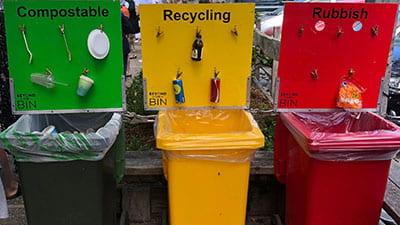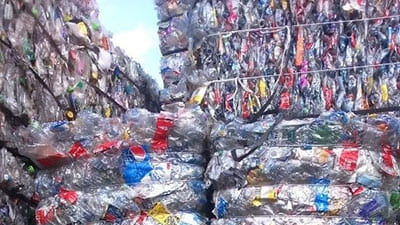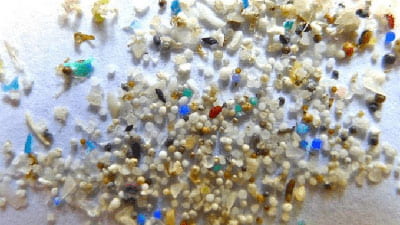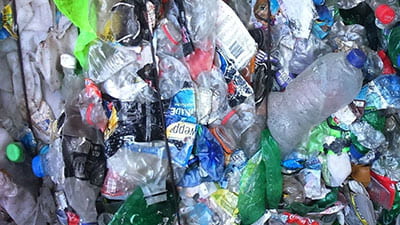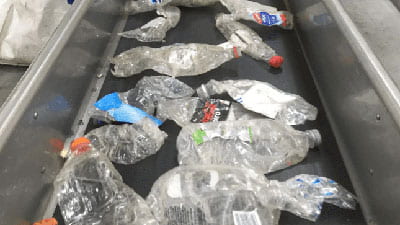He tirohanga hou ki te kirihou i Aotearoa
Ko tā te pae nei i tōna tīmatanga, ko tētahi aronga māia, whānui anō hoki – ko te kimi huarahi hei whakawhāiti i te atarangi kirihou ka puta i te ao hou. Ahakoa i tōna tīmatanga, i whai mātou ki te whakawhāiti i tēnei aronga, i mārama mātou kei ngā wāhi katoa te kirihou, me te aha, me tukutahi te aro atu i ngā pito katoa. E turakina ai te raru o te para kirihou, me panoni ngā pūnaha, me whakaū i ētahi whakatikahanga – ko ētahi he nui, ko ētahi he iti – puta noa i ngā pito katoa o te pāpori.
Hei tīmatanga ake, i pohewatia e mātou te āhua o te anamata ina whakaūngia ai ēnei panonitanga. Ka takoto i a mātou tētahi whakakitenga e whai tūāpapa ai ngā mahi kei mua i a tātou. Ka oti i a Aotearoa te whai whakaaro anō ki te āhua o tā tātou whakamahi i te kirihou, engari he iti rawa ngā taunakitanga hei tautoko i ēnei whakataunga ā-pūnaha whānui nei. Hei tautoko i ngā whakataunga whai taunakitanga, kua whakakotahi mai, kua kōtuitui hoki mātou i ngā momo mōhiohio, me ētahi whakaaro o te hunga mātanga e riro ai i te kāwanatanga tētahi tirohanga whānui ki te kirihou i te tau 2019, e hāngai ana ki te pūnaha whānui, otirā e pākaha ana, i te horopaki o ngā āhuatanga mahi e tika ana huri i te ao.
Ka oti i a Aotearoa te whai whakaaro anō ki te āhua o tā tātou whakamahi i te kirihou, engari he iti rawa ngā taunakitanga hei tautoko i ēnei whakataunga ā-pūnaha whānui nei.
Ko tā te kaupapa ‘He tirohanga hou ki te kirihou’ ko te whai wāhi ki tētahi hurihanga ā-whakaaro, ā-mahi anō hoki i te pāpori whānui. Mā te whakarite i ngā whāinga ā-motu e mārama ana, i ngā mōhiohio e wātea pai ana ki te hunga hoko, e hāngai ana anō ki te whakamahia o te kirihou i te kāinga, mā te whakarite i ngā momo tūāhanga hāngai, mā te whakaū hoki i ētahi ture hou e aro pū ana ki te raru, e hua ai ētahi whakapainga whai tikanga, toitū anō hoki, i a ngāi kairangahau me ngāi pakihi auaha ka waihanga i ētahi rawa hou, i ētahi anga pakihi hou anō hoki. E whai nei mātou ki te whakaputa i tētahi puna mōhiohio e whakaponotia ana mā te iwi tūmatanui, e hāngai ana ki te āhua e whakamahia ana te kirihou, otirā, ki tētahi huarahi e koke tonu ai a Aotearoa. E arohia nuitia ana te kirihou e te ao, ā, kāore i ārikarika ngā kōkiritanga hei whakawhanake mā tātou. He wā whai tikanga tēnei e taea ana e tātou te whai whakaaro anō ki tā tātou whakamahi i te kirihou, e whāiti haere ai ngā pānga kino, engari e mau tonu ai ko ana tini hua. Kua whati te tai – e pao, tōrea.

Downloads
Rethink plastics at your desired level: ‘At a glance’ is a two-page summary, ‘Key messages’ has 40 pages of need-to-know info, and the full report is a detailed tome to fully satisfy your curiosity. We’ve also collated all infographics developed for the report into one handy powerpoint.
Happy reading!
Rethinking plastics report – web version
Explore the content of our ‘Rethinking plastics’ report via the buttons below.

